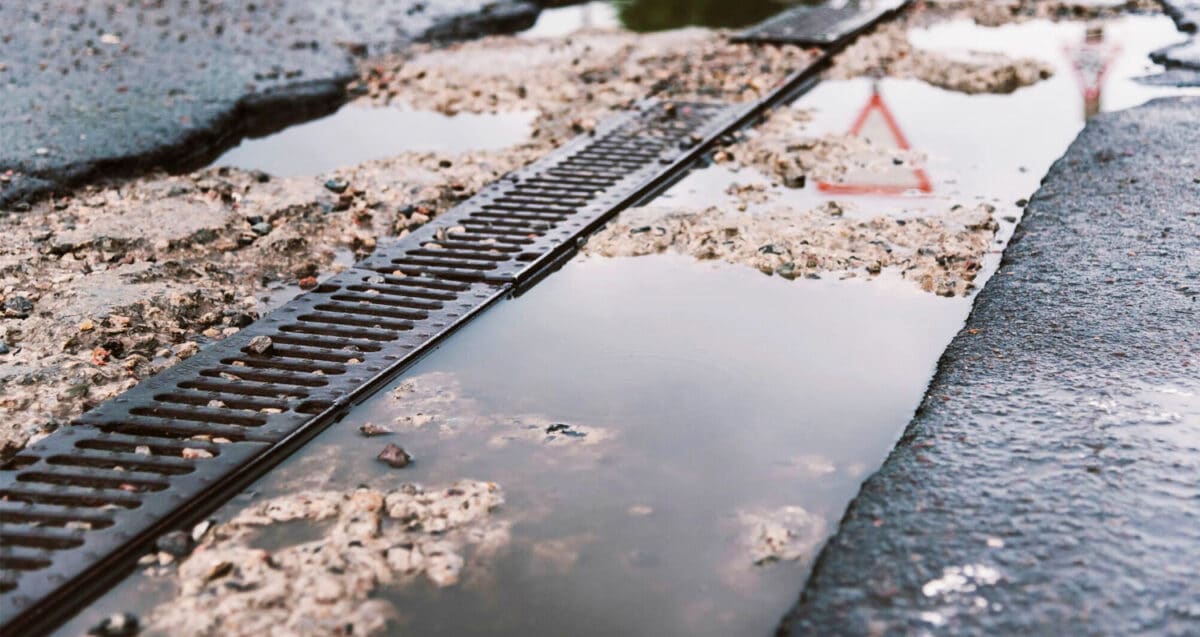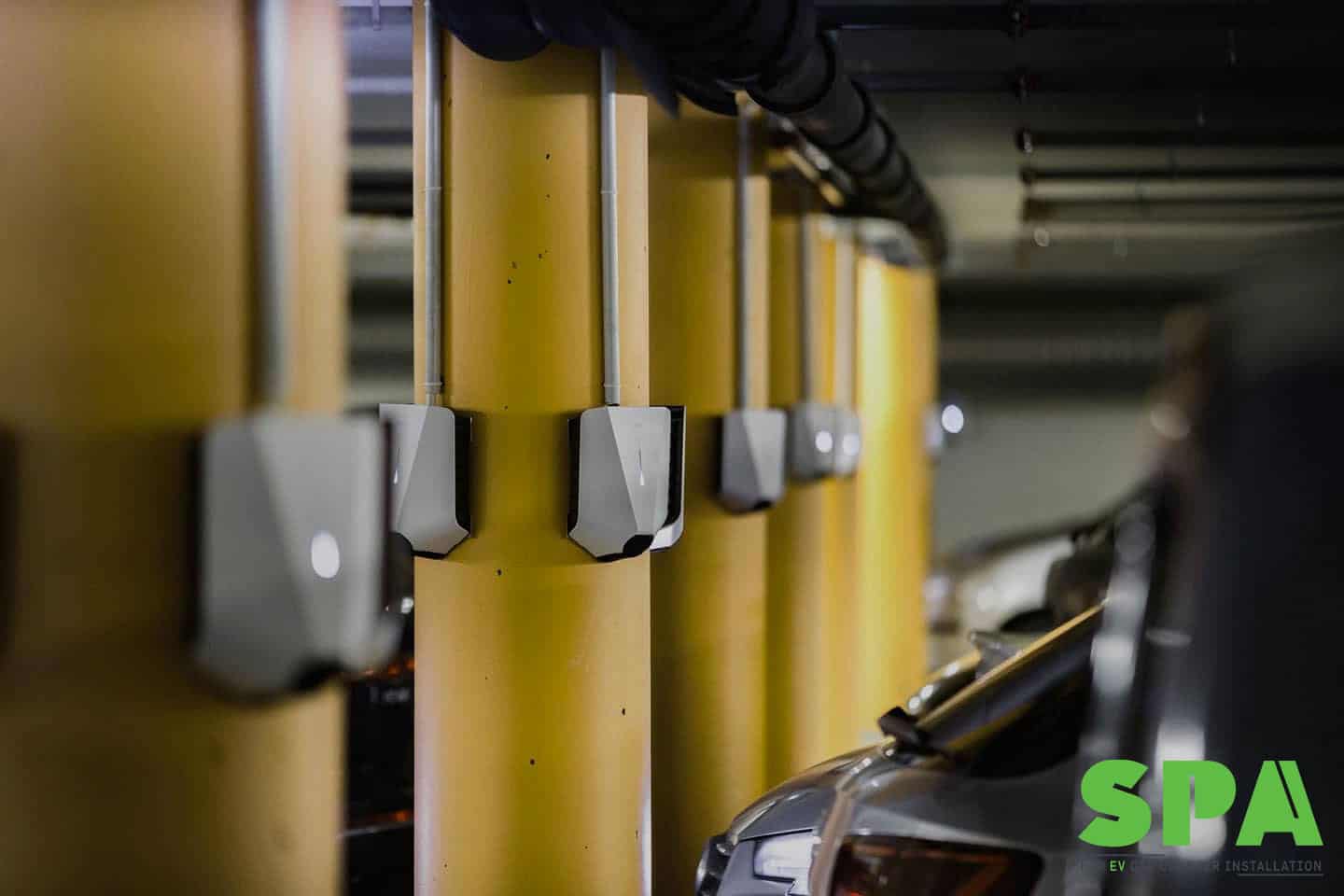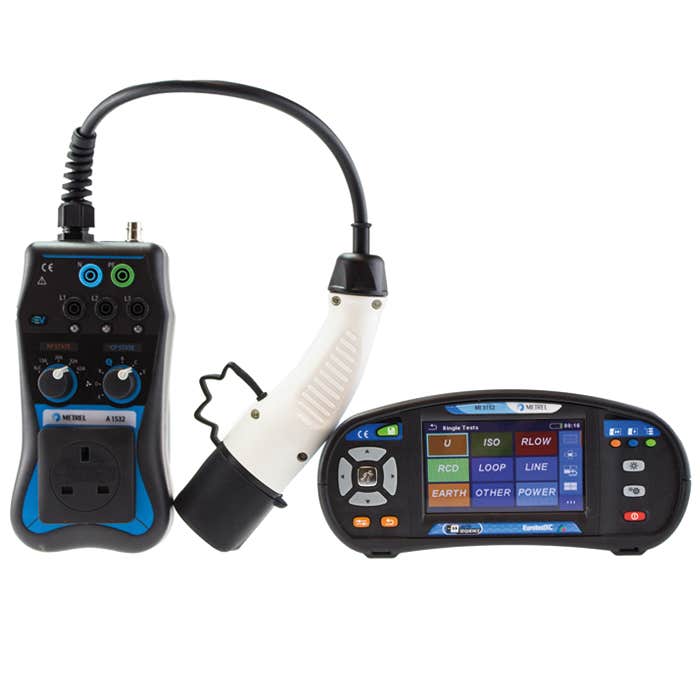The recent bad weather has resulted in leaks and water ingress in many buildings. Below are some steps that can be taken to ensure that you’re prepared for the bad weather.
(1) Perform roof inspections and clear gutters and downpipes.
Ensure all gutters and downspouts are clear from debris so that they adequately drain water away preventing roof, trim damage and subsequent water ingress that may require expensive remedial works.
Perhaps consider pruning any overhanging trees to keep leaves and debris off the roof.
(2) Inspect All Exterior Doors and Windows.
Ensure all seals remain flexible and continue to seal any gaps so that warmth stays inside the building. This will help save energy costs and minimise any water penetration.
(3) Inspect exterior paved / concrete / tarmac areas for damage and cracks.
Water that freezes inside these cracks will cause further deterioration and additional cost. Inspect expansion joints and check they are sealed to prevent water getting below the surface and damaging the structural base.
(4) Protect floors.
Prevent any slip and fall accidents ,as well as protecting the floor from damage by dirt and wet being bought in from outside ,by adding exterior floor mats.
Consider adding further mats inside the entrance to capture any remaining dirt and moisture.
(5) Check heating system.
Inspect heating systems regularly and create a written plan to outline what maintenance tasks need to be addressed daily, weekly, monthly and annually.
Calibrate your building’s thermostats so that the heating operates effectively and at the temperature you desire
(6) Check and clear drains, insulate pipes.
Clear drains and grates of any obstructions to prevent and blockages. Consider insulating vulnerable pipes.







